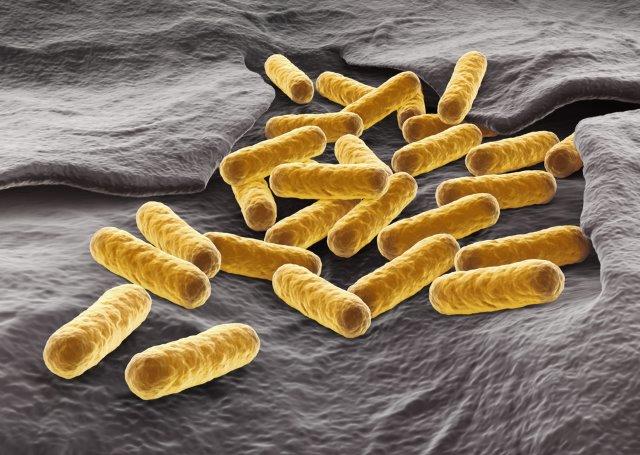FOR IMMEDIATE RELEASE
ACS News Service Weekly PressPac: October 26, 2016
A step toward a UTI treatment that could thwart bacterial drug resistance
"Antivirulence C-Mannosides as Antibiotic-Sparing, Oral Therapeutics for Urinary Tract Infections"
Journal of Medicinal Chemistry
This spring, a Pennsylvania woman who developed a urinary tract infection (UTI) became the first patient in the U.S. reported to have a bacterial infection resistant to colistin, an antibiotic of last resort. The case set off alarm bells in the medical field. Now scientists report in ACS’ Journal of Medicinal Chemistry a new class of small molecules for fighting the common infection. The way the molecules work could potentially prevent bacteria from developing resistance.
Millions of women in the U.S. every year suffer from UTIs. Antibiotics can treat this painful condition, but with the rise of drug-resistant bacteria, scientists are searching for alternative approaches. James W. Janetka and colleagues’ strategy is to develop therapeutic molecules that prevent the bacteria that cause UTI from latching on to key cells on the lining of the urinary tract. Unlike antibiotics, which aim to kill the bacteria, these molecules interfere with the function of a critical factor, FimH, that UTI-causing bacteria make and put on their surface, enabling them to stick to the bladder lining. Such an approach would likely make it more difficult for bacteria to find a workaround. Several teams have designed molecules called O-mannosides that can bind the bacteria, but in animal testing, the compounds appeared to break down too quickly. Janetka’s group wanted to address this limitation.
The researchers replaced molecular bonds in O-mannosides with carbon-based linkers to create more stable versions called C-mannosides. Testing in animal models of UTI showed that C-mannosides were more effective at fighting infections than O-mannosides. Ongoing preclinical studies will identify which C-mannoside will move into clinical trials. The resulting candidate could become the first therapeutic treatment against this type of infection, with the potential to thwart bacteria’s ability to develop resistance, the researchers say.
The authors acknowledge funding from the National Institute of Diabetes and Digestive and Kidney Diseases and the National Institute of Allergy and Infectious Diseases.


